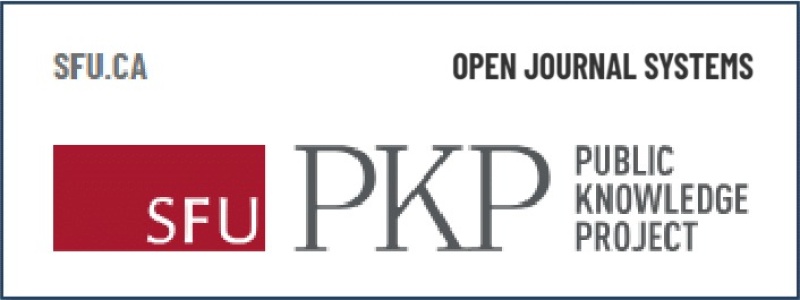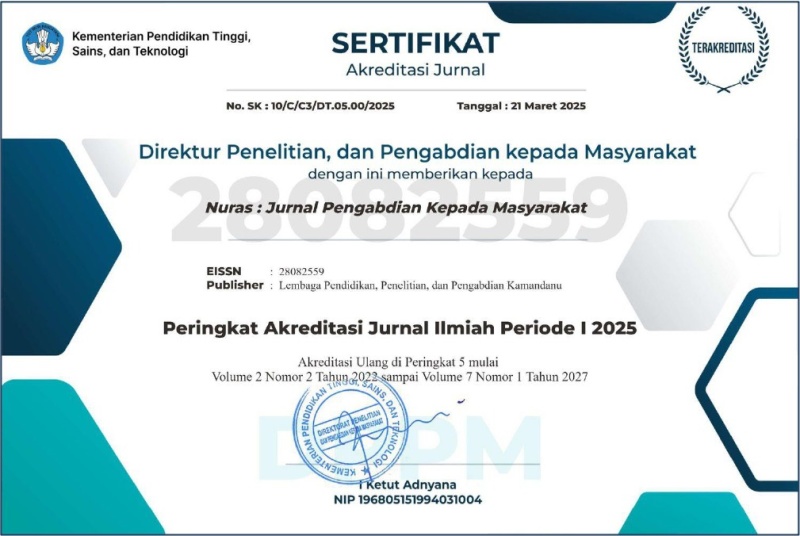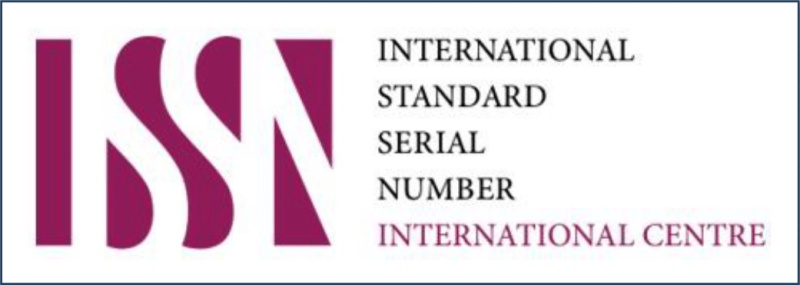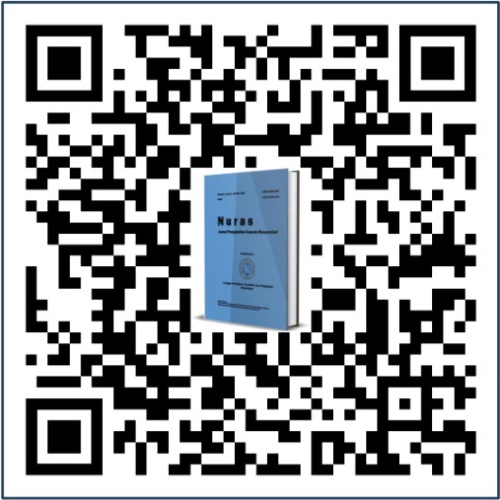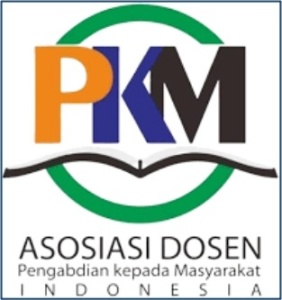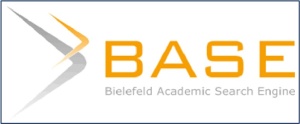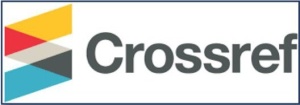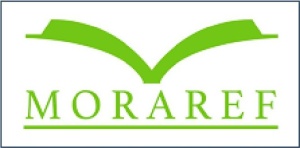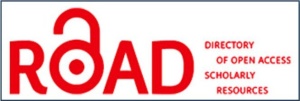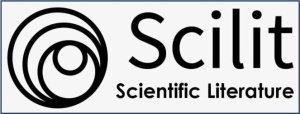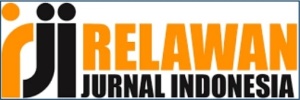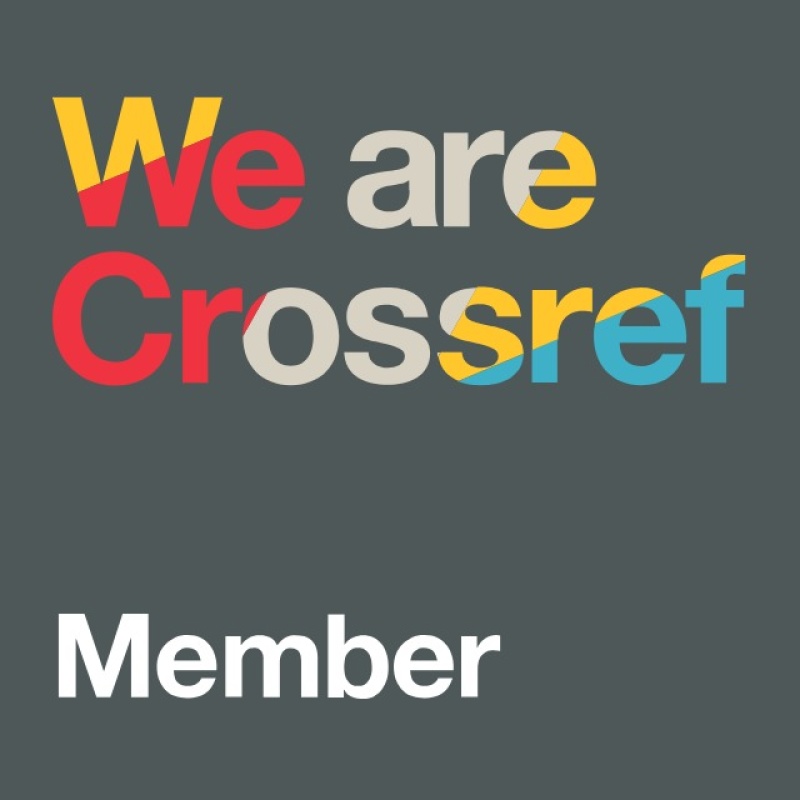Pengelolaan Perencanaan dan Manajemen Keuangan STT (Skaa Truna-Truni) Sadhara Bhakti Dusun Karang Lamper
DOI:
https://doi.org/10.36312/nuras.v5i4.752Keywords:
Accountability, Financial Literacy, Financial Management, Participatory Training, Sadhara Bhakti, Skaa Truna-TruniAbstract
This community service activity aims to improve the capacity of financial management and activity planning at Skaa Truna-Truni (STT) Sadhara Bhakti, Karang Lamper Hamlet, Jagaraga Indah Village, Kediri District, West Lombok Regency. The main problems faced by the organization include unstructured financial records, low transparency, and weak accountability in managing organizational funds. The implementation method uses a participatory training and mentoring approach by integrating the Asset-Based Community Development (ABCD) and Community-Based Financial Education (CBFE) models. The activity is carried out through four stages, namely: 1) problem identification; 2) program preparation; 3) training and mentoring; and 4) evaluation. The results of the activity implementation show a significant increase in participants' financial literacy (from 56% to 86%), budget planning skills (from 48% to 83%), and financial recording accuracy (from 42% to 81%). Scientific findings reveal that improving financial literacy plays a crucial role in building a culture of accountability, while implementing simple digital systems improves reporting efficiency and organizational transparency.
Downloads
References
Amijaya, R. N. F., & Yasin, M. Z. (2024). Improving Financial Management Literacy: A Community Service about Pre-Marriage Schools for Muslimah using ABCD Approach. Mitra : Journal of Community Service, 8(1), 23-31. https://doi.org/10.25170/mitra.v8i1.4322
Amyulianthy, R., Mandagie, Y. R. O., & Irviati, W. S. (2024). Digital Investment Literacy and Financial Behaviour: A Theory Planned Behaviour-Community Engagement for Millennials and Gen Z in Indonesia. International Research Journal of Economics and Management Studies, 4(6), 102-110. https://doi.org/10.56472/25835238/IRJEMS-V4I6P113
Awaluddin, S. P., Paula, E. W., & Tamriesfatno, S. (2025). Empowering Communities through Financial Literacy Initiatives for SME Development. Golden Ratio Community Service Journal, 5(2), 77-85. https://doi.org/10.52970/grcsd.v5i2.589
Budiman, A. (2024). Digital Empowerment and Financial Literacy for Rural Youth: Unlocking Inclusive Growth in Indonesia. Kriez Academy Journal, 3(1), 45-54.
Ella, S., Andari, R. N., Amalia, S., & Nugroho, C. S. (2024). Collaboration Model in Blended Learning-Based Training: A Case Study at the Center for State Civil Apparatus Training, Development and Competency Mapping. Jurnal Borneo Administrator, 20(2), 125-140. https://doi.org/10.24258/jba.v20i2.1310
Fujimoto, Y., Azmat, F., & Subramaniam, N. (2019). Creating Community-Inclusive Organizations: Managerial Accountability Framework. Business & Society, 58(4), 712-748. https://doi.org/10.1177/0007650316680060
Hakim, M. L., Latifah, U., & Solihin, K. (2022). Strengthening Financial Literacy for Youth Community and Organisation Throughout Pati Regency. In Proceedings of the International Conference on Community Empowerment (pp. 58-65). Cirebon, Indonesia: Universitas Islam Negeri Siber Syekh Nurjati Cirebon.
Harun, H., Graham, P., & Kamase, H. P. (2021). A Critical Analysis of the Impacts of Financial Literacy and NPM on Village Funds Initiative in Indonesia. International Journal of Public Administration, 44(11), 923-938. https://doi.org/10.1080/01900692.2020.1722165
Lestari, N. P., & Tubastuvi, N. (2023). Empowering Indonesian Migrant Workers through Financial Literacy: A Hybrid Community Engagement Initiative on Shariah Financial Literacy. International Journal of Community and Cultural Harmony, 2(1), 76-85.
Noor, A. H. (2024). Financial Management Training and Education Implementation in Elevating Low Income Family Empowerment. Jurnal Pengabdian Masyarakat, 7(1), 15-24. https://doi.org/10.29407/jsp.v7i1.492
Sofia, D., & Fitriyah, H. (2022). The Role of Community Participation, Accountability, and Transparency on the Effectiveness of Village Fund Management. Indonesian Journal of Cultural and Community Development, 13(1), 1-9. https://doi.org/10.21070/ijccd.v13i0.819
Downloads
Published
How to Cite
Issue
Section
License
Copyright (c) 2025 I Wayan Wira Ady Yaksa, Habibi, Dewi Kusumasanthi, & I Komang Widya Purnama Yasa

This work is licensed under a Creative Commons Attribution-ShareAlike 4.0 International License.
-
Attribution — You must give appropriate credit, provide a link to the license, and indicate if changes were made. You may do so in any reasonable manner, but not in any way that suggests the licensor endorses you or your use.
-
ShareAlike — If you remix, transform, or build upon the material, you must distribute your contributions under the same license as the original.


